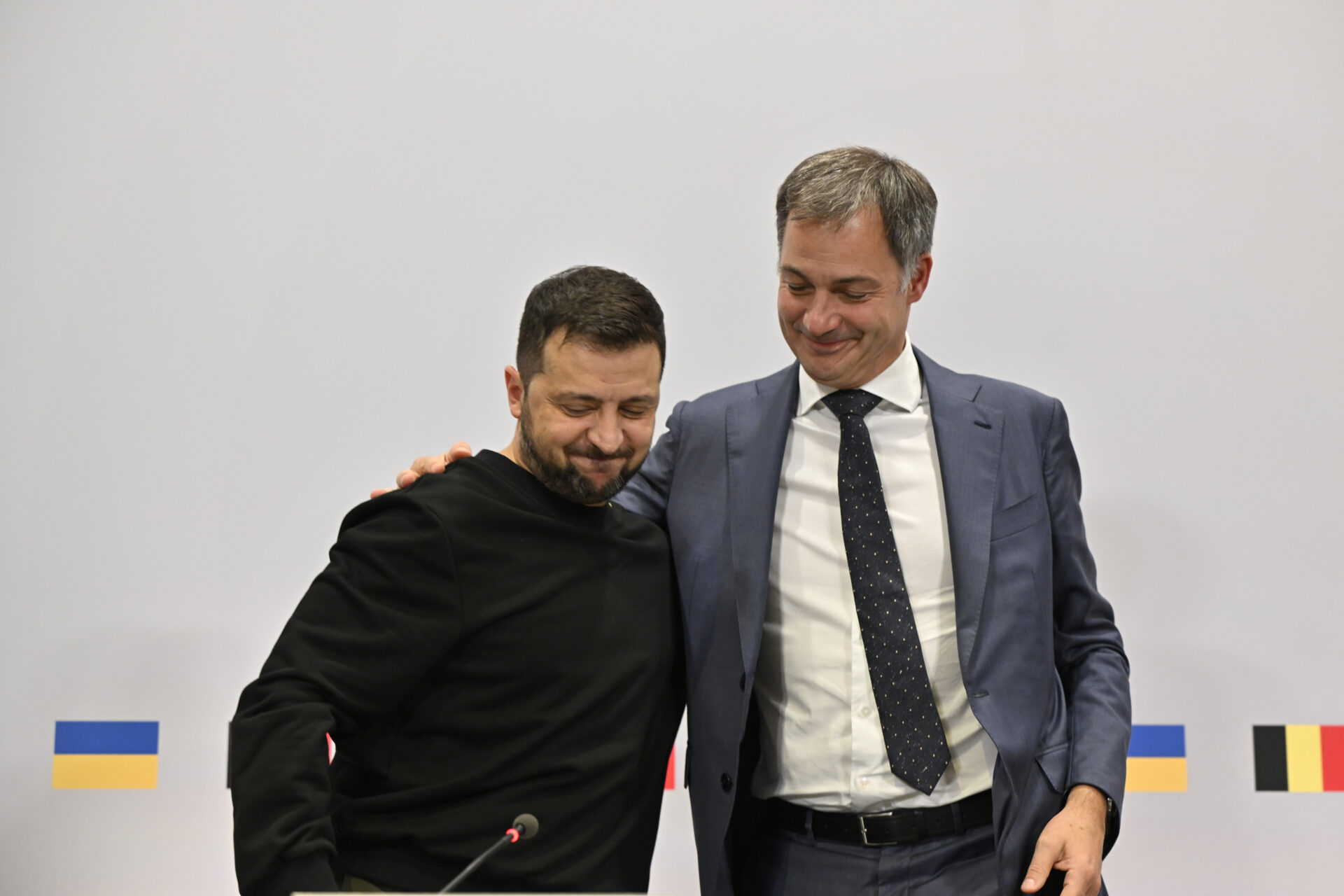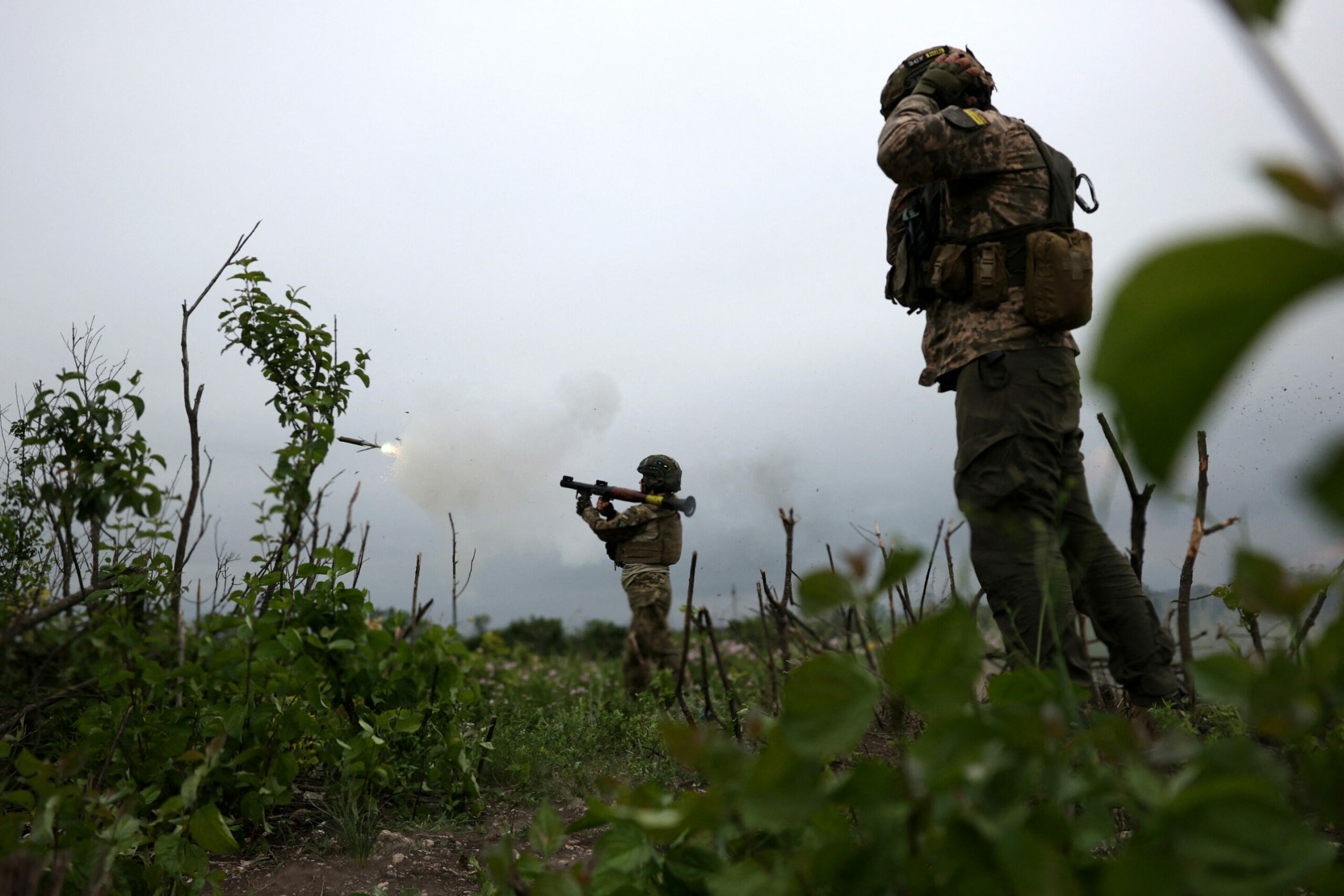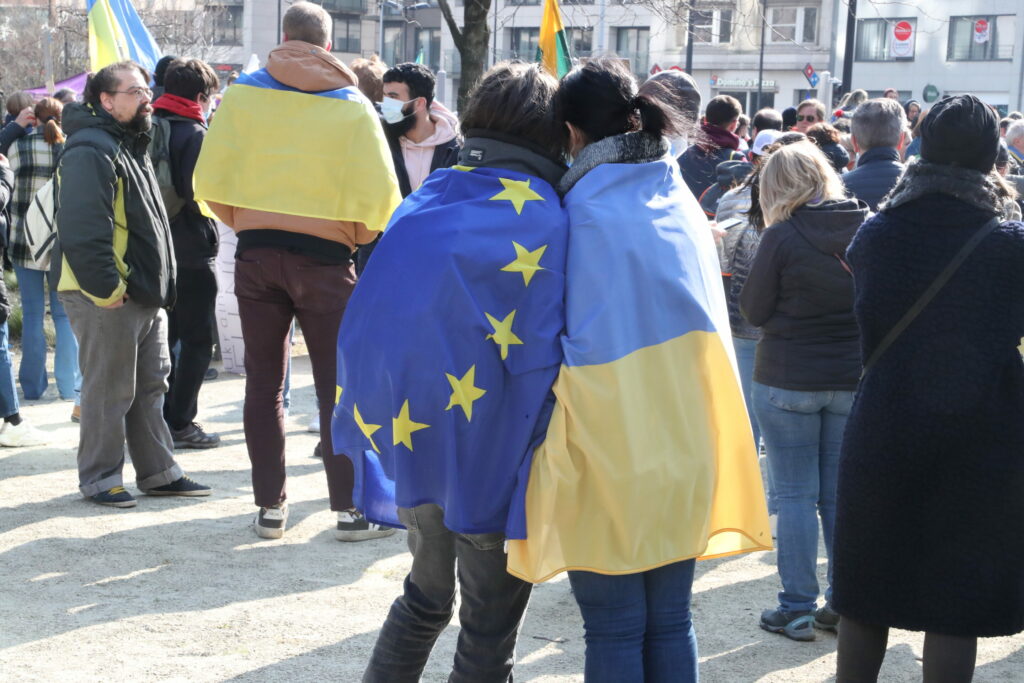The EU ratified its 13th round of sanctions against Russia on the eve of the second anniversary of the Russian invasion of Ukraine on 24 February 2024.
The latest sanctions add 106 individuals and 88 entities to the EU's blacklist. This means the affected parties have had their assets in Europe frozen, they have been banned entry into the EU, and funding from the Union is strictly prohibited.
The 194 names will be published later today in the EU's Official Journal. For now, the focus appears to be in the military and defence sectors.
In addition, the EU is expanding its export restrictions toward Russia, this time targeting drone parts and other industrial materials such as electrical transformers. Sanctions identified 27 organisations that continue to support the Russian military, often by exporting dual-use goods through third countries.
The EU Council listed India, Sri Lanka, China, Serbia, Kazakhstan, Thailand and Turkey as involved parties and exports of sensitive items to these locations will be closely scrutinised.

Ukraine President Volodymyr Zelenskyy and Prime Minister Alexander De Croo after a meeting in Brussels, Wednesday 11 October 2023. Credit: Belga / Eric Lalmand
"As we reach the sad mark of two years since Vladimir Putin launched the full-scale invasion of Ukraine, the European Union keeps up the pressure on Russia," commented EU Foreign Affairs Chief Josep Borrell.
"We remain united in our resolve to curb the Russian war machine and to assist Ukraine in winning this legitimate battle for its self-defence and in restoring its independence, territorial integrity and sovereignty."
On Friday, the US also announced another round of 500 new sanctions on Russia, including limiting exports to reduce its revenue from energy.
Frozen funds
In addition to sanctions, frozen Russian funds across Europe are increasingly viewed as an important element of Europe's toolkit in its fight against Putin.
In an interview with l'Echo during the Munich Security Conference last week, Russia's once biggest investor-turned-critic Bill Browder said funds frozen in Belgium were an invaluable source that must be instrumentalised by the EU.

Ukrainian soldiers of the 28th Separate Mechanized Brigade fire a grenade launcher at the front line near the town of Bakhmut, Donetsk region, on June 17, 2023. Credit: Belga
"The €220 billion that Russia has invested in Belgium is your insurance against Trump," said Browder in a striking message to Europe. "You can use this money as a weapon to support Ukraine yourself if US support fades. This money could save Europe if Trump is elected."
There is €66 billion worth of frozen Russian funds and €190 billion in paused transactions in Belgium. This large sum is due to the presence of financial institution Euroclear in the country.
Ukrainians in the EU
Since Russia invaded the country, the EU's Ukrainian population has grown steadily in the two years. There are currently 4.31 million people living under the Temporary Protection Directive (TPD), 98% of which are Ukrainian citizens.
The EU introduced the TPD in the wake of the Russian invasion of Ukraine, and the landmark directive intends to safeguard the human rights of international protection applicants in the event of a mass influx of migrants into Europe. The bloc attracted bitter criticism for never having introduced similar legislation for war refugees fleeing non-European countries.
The TPD was extended once by Members States in September 2023 and will expire in March 2025.

